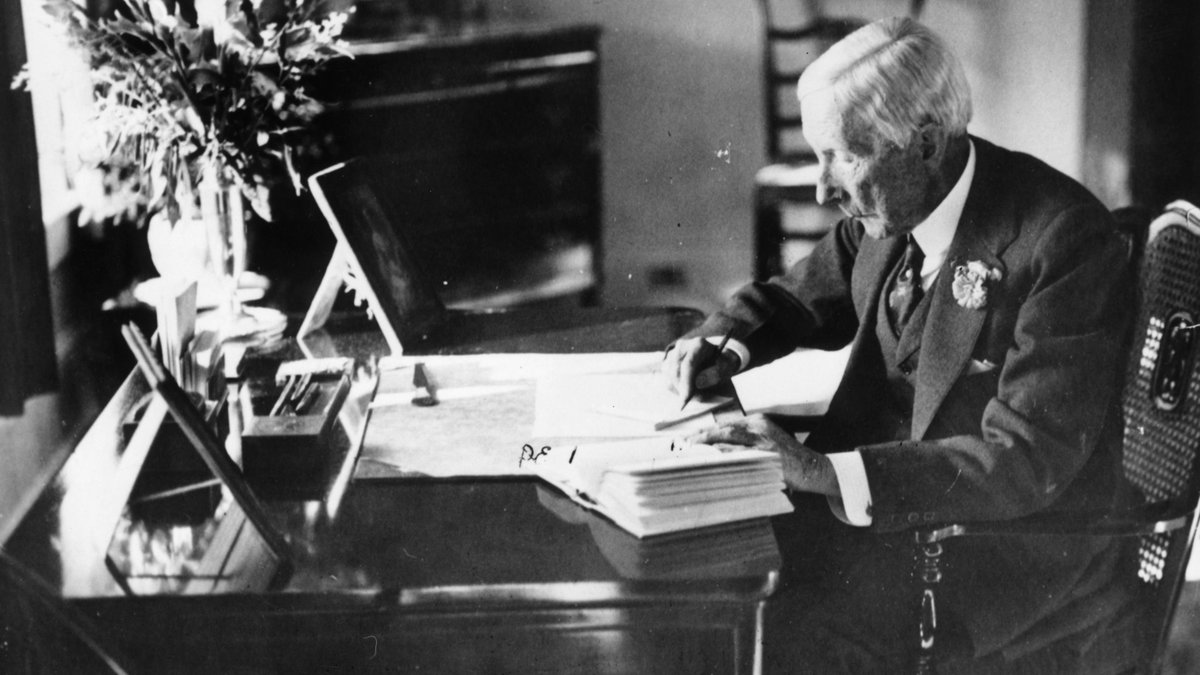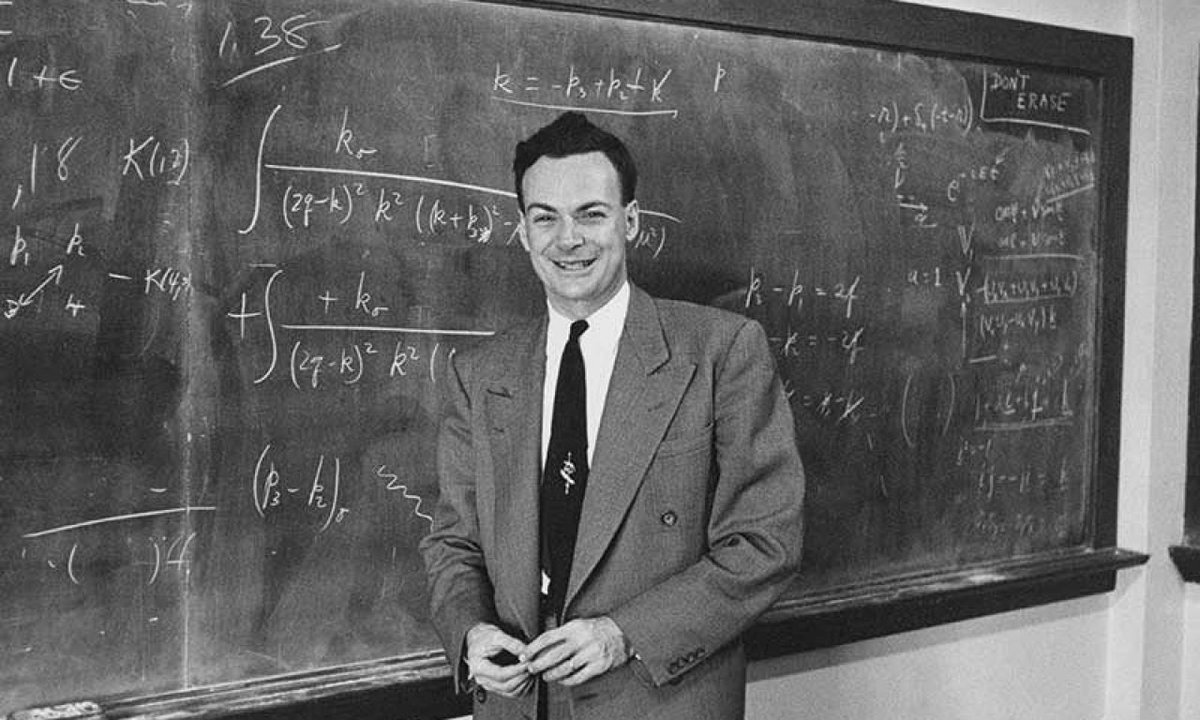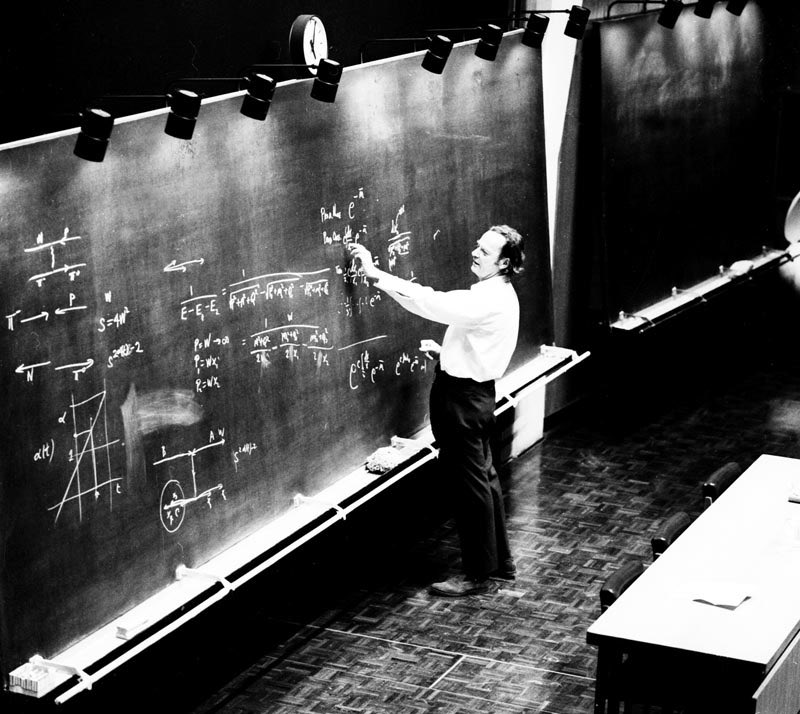
Disney is gearing up for another epic copyright fight over a cartoon icon: Mickey Mouse.
If they lose, @mschf and others are ready to pounce…
Here’s a breakdown of the fascinating situation:
If they lose, @mschf and others are ready to pounce…
Here’s a breakdown of the fascinating situation:

1/ Since first appearing in a 1928 animated short called Steamboat Willie, Mickey Mouse has become the most famous fictional character in the world.
Mickey has worldwide brand awareness of 97%—higher than Santa Claus—and generates ~$6 billion of annual revenue for Disney.
Mickey has worldwide brand awareness of 97%—higher than Santa Claus—and generates ~$6 billion of annual revenue for Disney.

2/ Mickey Mouse is Disney's most beloved IP.
After creating—and then losing the rights to—an animated character named Oswald the Rabbit, Walt Disney realized the importance of owning the rights to his creations.
Mickey Mouse was his next creation—one he would refuse to lose.
After creating—and then losing the rights to—an animated character named Oswald the Rabbit, Walt Disney realized the importance of owning the rights to his creations.
Mickey Mouse was his next creation—one he would refuse to lose.

3/ To understand the present situation, you have to understand the basics of U.S. copyright law—and Disney's outsized role in shaping it over time.
Copyright is a legal term that describes the rights a creator has over their creative works.
Copyright law protects those rights.
Copyright is a legal term that describes the rights a creator has over their creative works.
Copyright law protects those rights.
4/ Copyright law is nothing new—it has been around for centuries.
The Copyright Act of 1790 provided that creative works were entitled to up to 28 years of protection.
This figure steadily increased.
An 1831 act extended it to 42 years and a 1909 act extended it to 56 years.
The Copyright Act of 1790 provided that creative works were entitled to up to 28 years of protection.
This figure steadily increased.
An 1831 act extended it to 42 years and a 1909 act extended it to 56 years.
5/ Mickey Mouse was born in 1928, so was covered by the 1909 act, meaning the copyright was first set to expire in 1984 (56 years from 1928).
But true to the original lesson Walt Disney had learned with Oswald the Rabbit, Disney did not intend to let Mickey go so easily...
But true to the original lesson Walt Disney had learned with Oswald the Rabbit, Disney did not intend to let Mickey go so easily...
6/ They began an extensive lobbying campaign with Congress, which eventually resulted in a 1976 act that extended coverage to 75 years.
This kicked the proverbial can down the road...
But with Mickey again set to enter the public domain in 2004, Disney went back to Washington.
This kicked the proverbial can down the road...
But with Mickey again set to enter the public domain in 2004, Disney went back to Washington.
7/ The Copyright Term Extension Act—often known as the Mickey Mouse Protection Act—extended copyright protection to 95 years.
This has Mickey protected through 2023.
Historically, Disney was able to secure these extensions with little pushback, but public discourse has shifted.
This has Mickey protected through 2023.
Historically, Disney was able to secure these extensions with little pushback, but public discourse has shifted.
8/ The age of social media virality has enabled the "little guy" to stand up to large corporate interests.
So as the clock to the copyright expiration ticks down, questions remain:
Will Disney do what it has done historically? And if so, who will win this fight?
So as the clock to the copyright expiration ticks down, questions remain:
Will Disney do what it has done historically? And if so, who will win this fight?
9/ Now, to be clear, even if the original Mickey Mouse copyright expires and Mickey enters the public domain, Disney still has a variety of protections at its disposal.
It maintains a multitude of trademarks—which never expire—on words, phrases, and use cases.
It maintains a multitude of trademarks—which never expire—on words, phrases, and use cases.
10/ Further, the copyright set to expire only governs the ORIGINAL Mickey Mouse from the Steamboat Willie short.
Later iterations are protected by newer copyrights.
That being said, the original Mickey would be usable in certain contexts, and some companies are ready for it...
Later iterations are protected by newer copyrights.
That being said, the original Mickey would be usable in certain contexts, and some companies are ready for it...

11/ MSCHF—the enigmatic "art collective" that does special product drops—is most vocally ready for Mickey Mouse to enter the public domain.
In mid-2021, the group executed a drop called Famous Mouse 2024.
It's equal parts hilarious and brilliant—which seems to be their MO.
In mid-2021, the group executed a drop called Famous Mouse 2024.
It's equal parts hilarious and brilliant—which seems to be their MO.

12/ The basic idea of the drop is as follows:
MSCHF cannot produce or sell any artwork using Mickey Mouse today.
But it can sell THE IDEA to produce and sell future artwork using Mickey Mouse at a date in the future when Mickey Mouse has entered the public domain.
MSCHF cannot produce or sell any artwork using Mickey Mouse today.
But it can sell THE IDEA to produce and sell future artwork using Mickey Mouse at a date in the future when Mickey Mouse has entered the public domain.

13/ MSCHF executed a small drop of "Famous Mouse Tokens”—redeemable for a future "Famous Mouse" collectible in 2024 (or when Mickey Mouse enters the public domain).
As they state on the manifesto, "MSCHF has made the first public domain Mickey Mouse artwork, three years early."
As they state on the manifesto, "MSCHF has made the first public domain Mickey Mouse artwork, three years early."

14/ MSCHF even has a countdown clock on the website, ticking down to the current copyright expiry.
It remains to be seen if this is a battle Disney is once again willing to fight—particularly given their various other forms of protection on later iterations and trademarks.
It remains to be seen if this is a battle Disney is once again willing to fight—particularly given their various other forms of protection on later iterations and trademarks.

15/ This story is a fascinating follow over the months ahead.
With Winnie the Pooh entering the public domain as of January 1, discussions of copyright law, Disney's influence over it historically, and the power of 100+ year IP are sure to take center stage.
Stay tuned! 👀
With Winnie the Pooh entering the public domain as of January 1, discussions of copyright law, Disney's influence over it historically, and the power of 100+ year IP are sure to take center stage.
Stay tuned! 👀
16/ Special thanks to @iam_mikec for alerting me to the story and shoutout to @TheHustle @JBRylah for the coverage on copyrights and public domain this AM.
For more, check out these sources:
mschfxfamousmouse.com
priceonomics.com/how-mickey-mou…
For more, check out these sources:
mschfxfamousmouse.com
priceonomics.com/how-mickey-mou…
Follow me @SahilBloom for more interesting threads on business, finance, and growth.
I also write about these topics in my newsletter. Join the 60,000+ others and subscribe today! sahilbloom.substack.com
I also write about these topics in my newsletter. Join the 60,000+ others and subscribe today! sahilbloom.substack.com
This is just…perfect.
https://twitter.com/AnnemarieBridy/status/1478786099111772165
Hey @mansourtarek_ I’d like to propose a @Kalshi market on whether Mickey Mouse enters public domain by January 1, 2024.
Can we make that happen, seriously?
Can we make that happen, seriously?
• • •
Missing some Tweet in this thread? You can try to
force a refresh







